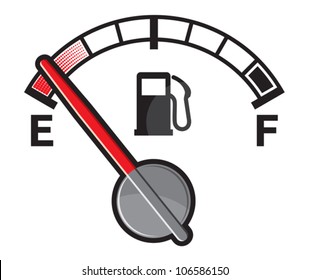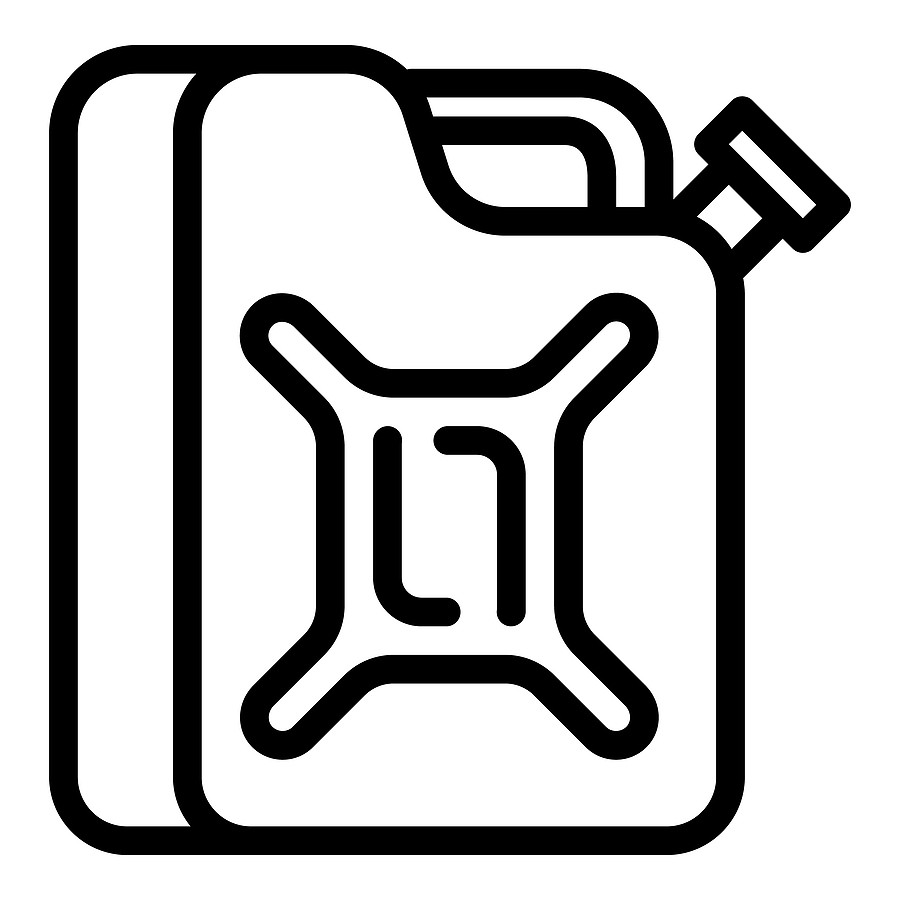
Place the fuel can in the trunk of your car or in the bed of your truck. An area on or adjacent to your buildings loading dock is suitable.

If or once the can is empty remove the spout andor cap.
How do you store an empty gas can. Never rinse an old gas can with water and then pour the water down the drain. Even a small amount of gasoline can contaminate the soil and water. Do not throw an empty gas can in the regular trash.
Store gasoline only in approved containers. Do not use plastic milk jugs or juice containers. These containers are not designed for gasoline storage.
Serious suck-back can occur when an empty cylinder is attached to a pressurized system. Designate an area to store empty cylinders for return to the supplier. An area on or adjacent to your buildings loading dock is suitable.
Compressed gas cylinders are typically rented or leased rather than purchased. You can store gas in a plastic milk jug only if you cleaned the jug out very well and let the inside dry. Then you would only use this gas in something like a lawnmower and NOT in.
Store gasoline at room temperature away from potential heat sources such as the sun a hot water heater a space heater or a furnace. Store gasoline in a detached shed or garage at least 50 feet away from ignition sources such as pilot lights. Gasoline vapors are heavier than air and can travel along the floor to ignition sources.
Gas cylinders are best stored outside in a dedicated cage with customised racks and safety chains. The cage should always be sheltered from the sun well ventilated away from mechanical hazards and public walkways. You should also ensure.
Empty and full cylinders are clearly marked and stored separately. The best place to store fuel would probably be in a sealed underground container but those are expensive and a lot harder to come by. Good ol fashioned fuel cans are going to be the most common form of storage for the average American.
Do what you can to store these canisters in an area that is not exposed to extremes of temperature or moisture. Notices and advice on discovery of leaking should be displayed near storage areas at all times. Cylinders that are empty should be stored separately or marked to identify them but must still be treated as full.
Different types of cylinder and gas property. Gas bottle storage should be free of ignition sources with good ventilation. To ensure that any gas leaks from the gas bottles do not accumulate in the storage area all gas bottle storage areas must have sufficient ventilation.
The ventilation must be able to disperse any gas in the storage area to safe levels. Do not store gasoline in the utility room. The furnace water heater clothes dryer or any of several other items could ignite fumes which may leak from the can and travel considerable distances.
The screw on the edge of the bottom of the carburetor bowl. Unscrew this and then turn the fuel lever so that it is open. Gas will drain from the carburetor and fuel tank.
Hand pump the majority of your fuel from the gas tank into a gas can or just disconnect a fuel line to then use in your car. Storing gas in the garage - Keep the vent open or closed. I use your jegs type 5 gallon containers for the drag cars.
I set them outside under the porch or in the shade. Id rather they get stolen than have a fire hazard in the shop. How To Store Gasoline Long-Term Emergency Fuel Storage - YouTube.
Use a tight-fitting cap and store the gasoline at room temperature not in heat or cold. Do not store gas in unapproved untested containers like milk or soda bottles. Dispose of any bad gas according to local or state regulations such as at a hazardous waste disposal site.
If or once the can is empty remove the spout andor cap. Put a bit of detergent inside the gas can and fill it up part way with hot water. Store all cylinders in designated areas that are secured.
Flammable toxic and Oxygen or any Oxidizer shall be separated from each other by a distance of at least 3 meters or by a non-combustible barrier at least 15 meters high with a fire resistance rating of at least 30 minutes. Consider using one of the lower shelves on an outdoor shelving unit mounted to a secure wall. Always store a tank upright since the over-pressure vent must be in contact with.
Store cylinders both empty and full in the upright position and secure with an insulated chain or non-conductive belt. During storage close the cylinder valves with the protective caps in place. With outside storage place on a fireproof surface and enclose in a tamper-proof enclosure.
You can store gasoline in approved canisters if you need to store gasoline for your lawn mower or other type of small engine. Gas cans purchased from a gasoline retailer are approved by state and local government regulations. Once you have bought the appropriate gas can and have filled it you can store it safely in your garage.
Store the gasoline in a location separate from your living quarters such as an unattached shed. Also keep it out of reach of children. Make certain your long-term fuel storage location is at least 50 feet away from any ignition sources ie.
If you have to store gasoline for an emergency generator your lawn mower or for other purposes its important to follow simple safety rules. Fire codes typically restrict gas storage to no more than 25 gallons. Store the gas in containers of 5 gallons or less that have been approved for gasoline.
Approved gas storage containers will include. Place the fuel can in the trunk of your car or in the bed of your truck. Avoid placing a fuel container in the passenger compartment of your car or truck even if it is empty.
The gasoline vapors can expand in the fuel can and push into the passenger compartment. Secure the fuel can upright. Your local lawn mower repair store can provide the service you need.
One of the most critical aspects of preparing your generator for storage is to protect the fuel. You can either empty the fuel tank or add a stabilizer to prolong its shelf life. Your choice should depend on the amount of gas remaining and whether you have access.
Here are our guidelines on how much gas you can store safely. For residential properties you can store up to 30kg of butane 2 x 15kg gas bottles indoors for use in portable gas heaters for example. Propane should always be stored outdoors.
And in the case of fixed installations propane should be sited outside.